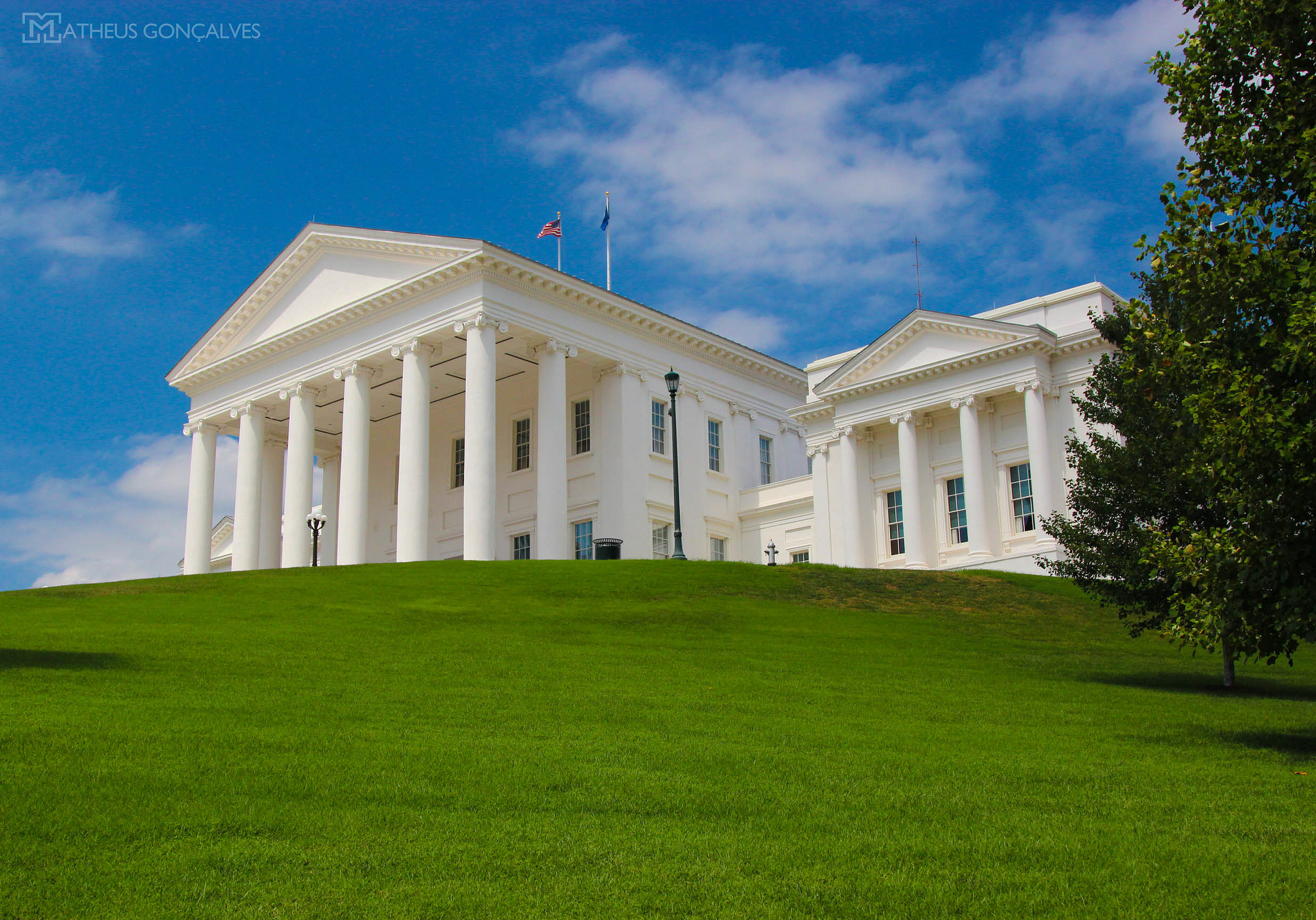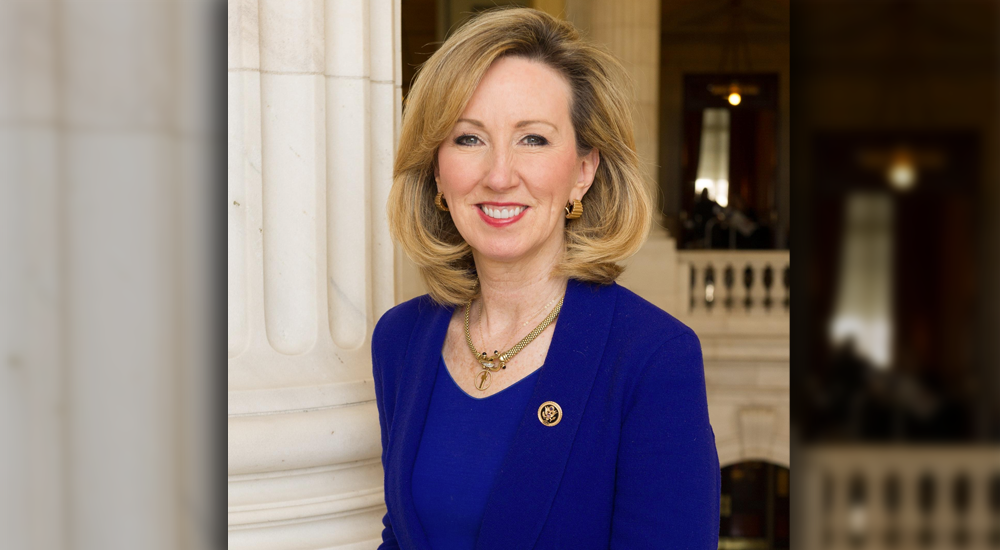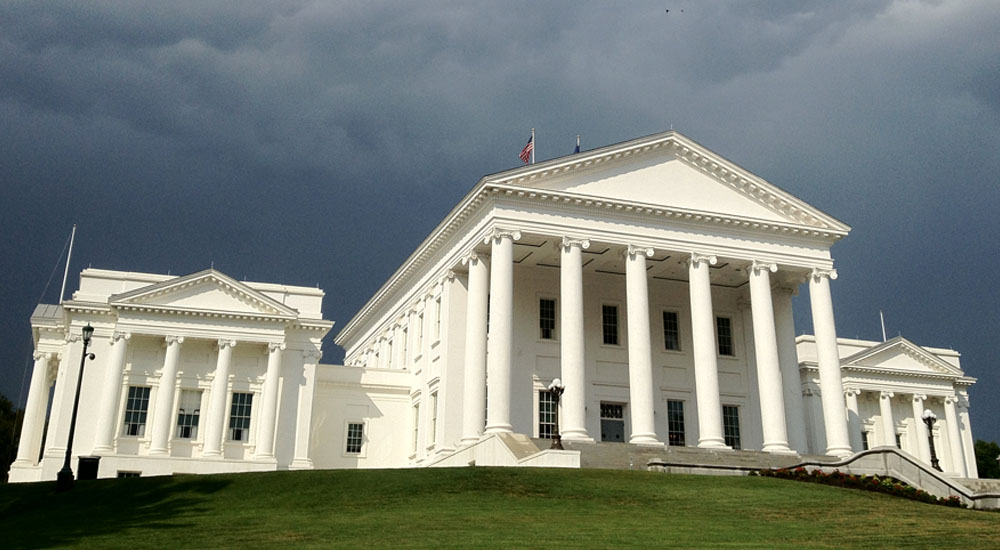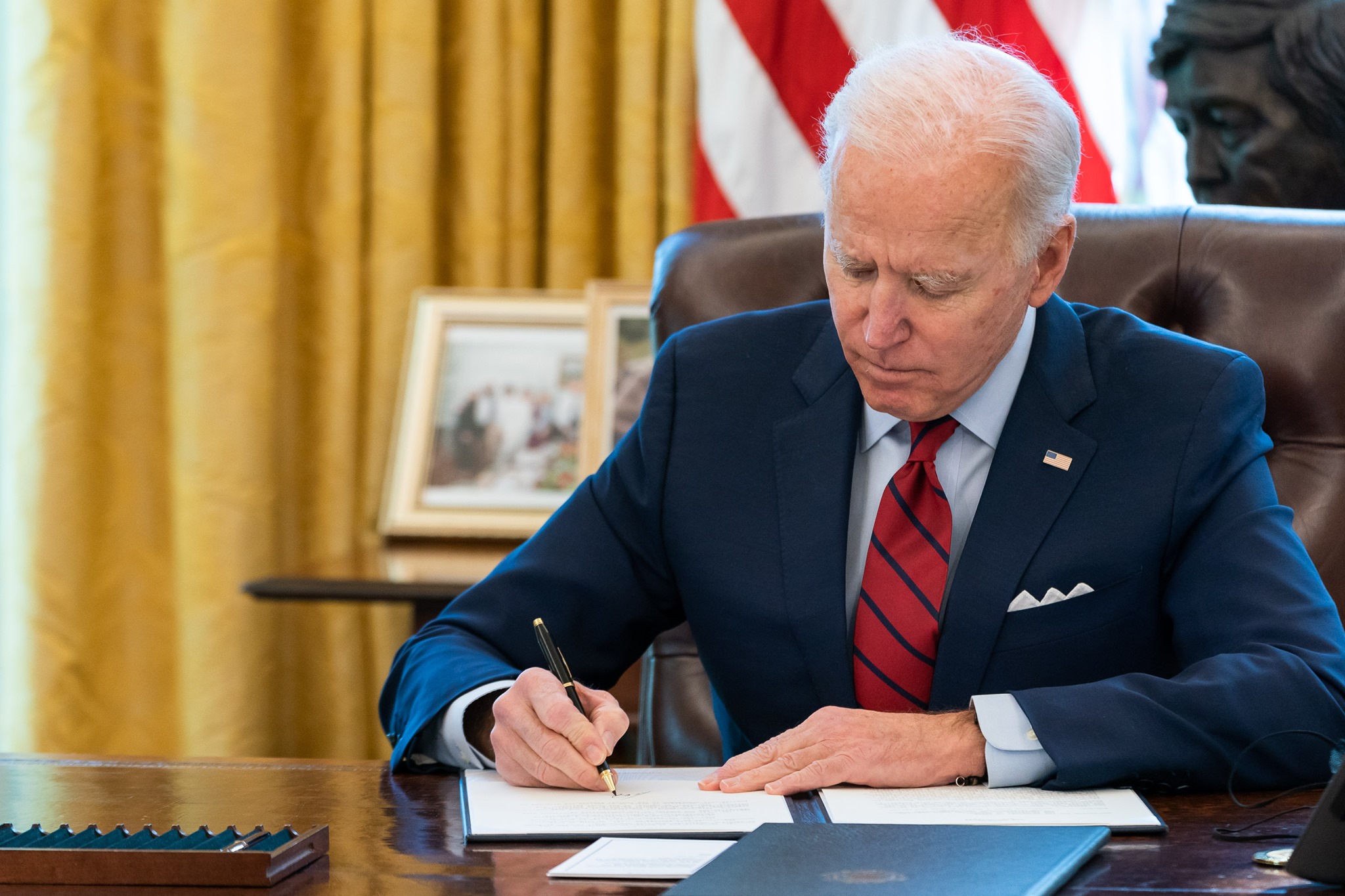On Thursday, the Senate Finance Committee unanimously passed a plan to begin collecting online sales tax in Virginia, based on a ruling from the U.S. Supreme Court. In South Dakota v. Wayfair (2018), in a 5-4 ruling, the court overturned previous cases wherein the “physical presence” notion of the Commerce Clause in Article I, Section 8 of the Constitution was the guiding basis on which cases were ruled involving state-mandated sales tax.
Then-Justice Anthony Kennedy wrote in his opinion that “each year the physical presence rule becomes further removed from economic reality and results in significant revenue losses to the States.”
With states across the country now able to recoup from decades of antiquated law, the Virginia General Assembly has jumped on the opportunity.
S.B. 1083, patroned by Senator Frank Ruff (R-Clarksville), directs the Department of Taxation to require “remote sellers,” to collect sales and use tax if “the seller has more than $100,000 in annual gross revenue from sales in Virginia or at least 200 sales transactions in Virginia.” A marketplace facilitator, “which enables marketplace sellers to sell in Virginia through its marketplace,” will be used to collect sales and use tax if the aforementioned criteria are met, but does not apply to transactions occurring before July 1, 2019.
The bill will also provide for remote sellers to be kept abreast of changes in state and local tax rates and exemptions via the Department of Taxation.
“For auditing purposes, the Department [of Taxation] is directed to allow a remote seller to complete a single audit covering all localities…[giving] remote sellers at least 30 days’ notice of any change in tax rate,” the legislation states. Furthermore, if a remote seller or marketplace facilitator collects an incorrect amount of tax, no liability will be levied.
In a report from the Richmond Times-Dispatch, Virginia Secretary of Finance Aubrey Layne claims the amount of money available to spend in the state budget brought forth by the legislation could be “25 to 50 percent lower than early estimates” due to lobbying by internet retail giant eBay to delay the effective date of provisions. Layne added that the Commonwealth now expects to collect an additional $155 million in sales taxes, with one-third of that available for unrestricted use in the budget.
Although most large online retailers like Amazon currently collect sales tax on online purchases, a substitute enactment date approved by the committee could change the collection start time to January 1, 2020.
Senator Ryan McDougle (R-Hanover), who also sits on the Finance Committee, said that he feels “fairly strongly” that the legislation must be enacted “before the holiday season.”
Senate Majority Leader Norment, the co-chairman of the Finance Committee, has reportedly given lobbyists for eBay and other online marketplaces and retailers until early next week to come up with a compromise on the date.
One issue that is also yet to be resolved is what the additional collected revenue will be used for. Senator Ruff has proposed S.B. 1093, which would created the “School Modernization Subfund” within the state’s Literacy Fund to be pumped with more cash.
Revenue would be used to subsidize interest payments by local governing bodies and school boards on certain loans from the Virginia Resources Authority and other approved sources for school construction and modernization.
“Only school divisions with a composite index of local-ability-to-pay less than 0.4000 would be eligible to participate in the interest payment program,” according to the bill.





